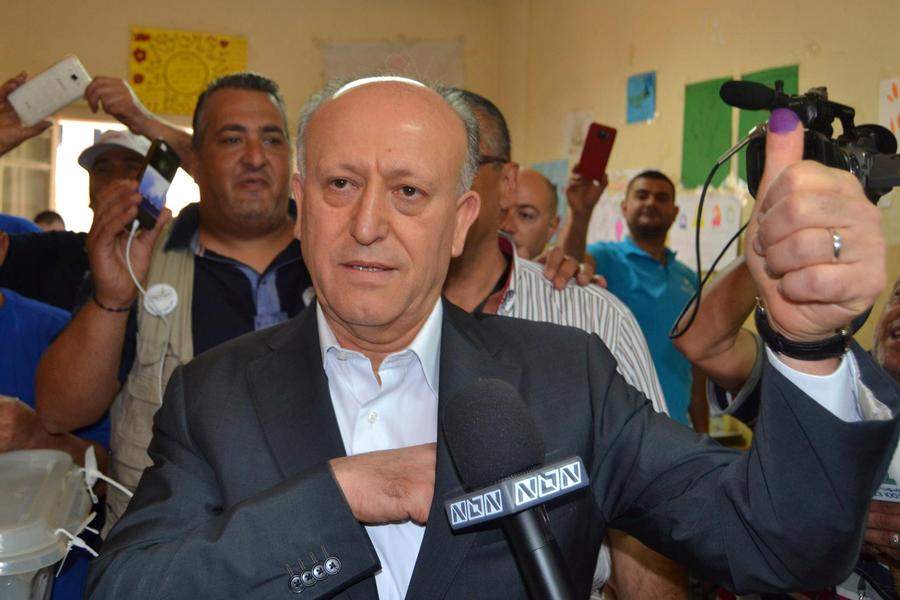Beirut-Future Movement is still confounded by the severe loss it suffered in the municipal elections in Tripoli, the capital of the North and Lebanon’s second largest city.
Resigned Justice Minister Ashraf Rifi, who fought the elections alone against a coalition of political parties and Tripoli personalities, achieved an unexpected victory last month.
The shock that Future suffered from compelled its leaders to launch a campaign of self-criticism to review the mistakes which it had committed and which had led to a drop in popular support for the movement – not just in northern Lebanon but also in the capital Beirut where the results of the municipal polls were disappointing.
Unlike many other political parties, Future, which is led by former Prime Minister Saad Hariri, has admitted to making mistakes.
Interior Minister Nouhad al-Mashnouq, who is a party member, has called on the movement to learn from those blunders ahead of next year’s parliamentary elections.
The changes in people’s temperament have not only affected the Future Movement but also the rest of the political parties from the March 8 and 14 rival camps.
While Hariri hasn’t directly commented on the results of the municipal elections, the ongoing activity at this residence in Beirut suggests that he has launched a mission to rectify the miscalculations.
Hariri began to work on unifying members of his party, which is facing the threat of disintegration after Rifi withdrew his membership and hinted that he would form his own movement.
Rifi told Asharq Al-Awsat newspaper that the result of the Tripoli polls put more responsibilities on him to move from the current stage to another level.
“I can’t deny that they (the polls) put me in front of a challenge. I will deal with it according to the circumstances that arise in order to meet the people’s expectations,” he said.
Rifi said several factors have led to a change in the public atmosphere. Among them is Future’s “bad choice of nominating MP Suleiman Franjieh for the presidency and ways in resolving the file of Michel Samaha,” a former minister who is serving time in jail on terrorism charges.
Rifi regretted that Future officials preferred to form a coalition with former Prime Minister Najib Miqati in the Tripoli municipal elections rather than cooperating with him to form a joint list of candidates.
Rifi denied he has personal problems with Hariri despite rising differences between him and Future. He said Hariri “should admit that I became independent after resigning from the government.”
A member of Future’s politburo, former MP Mustafa Alloush, admitted that certain mistakes committed by the movement led to the defeat of the Future-backed coalition in the Tripoli polls.
“We hadn’t well analyzed the temperament of the Tripoli electorates,” he said.
Asked if he thought that the change in the public atmosphere should be seen by the Future leadership as an alarm bell, Alloush said: “There is a partial and not complete change in people’s temperament.”
“Some factors have accumulated in the past 11 years, meaning since the assassination of former premier Rafik Hariri, and there is an absence of stances that mobilize the people,” he said.
“Future is not a revolutionary party. It has a lot of pragmatism and is liberal,” he said, adding that the movement does not force people to support it.
Sectarian mottos might lead to popular support, he said. But he warned that “such slogans could lead to a disaster.”
“When a person is handed a responsibility, he cannot resort to sectarian mobilization,” Alloush told Asharq Al-Awsat, alluding to Rifi.
“The stage in the aftermath of the elections imposes a new status quo … which requires more understanding of the people’s choices but without being dragged into instincts,” he said.
